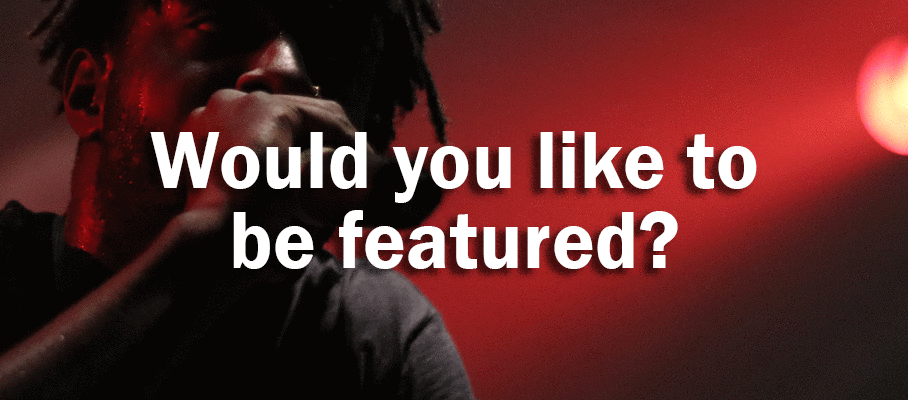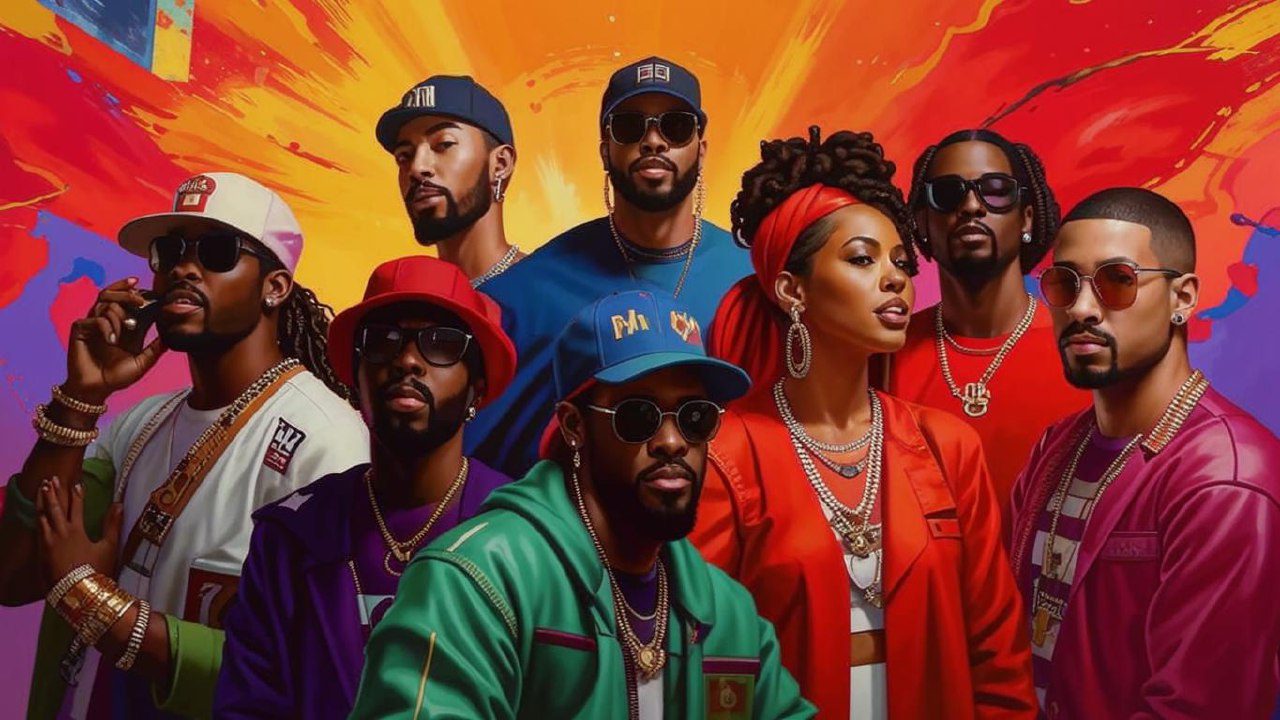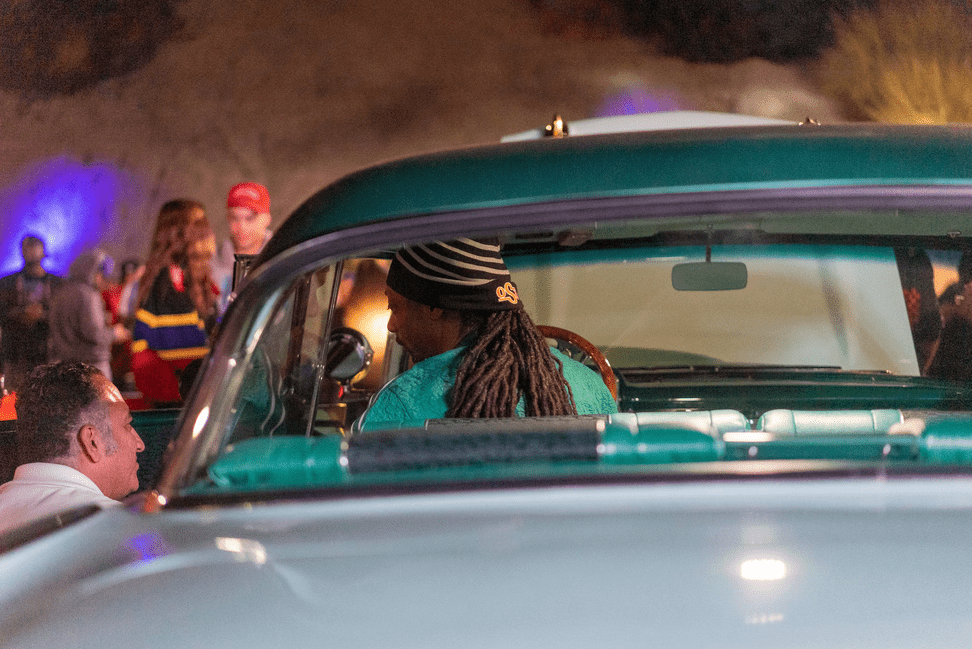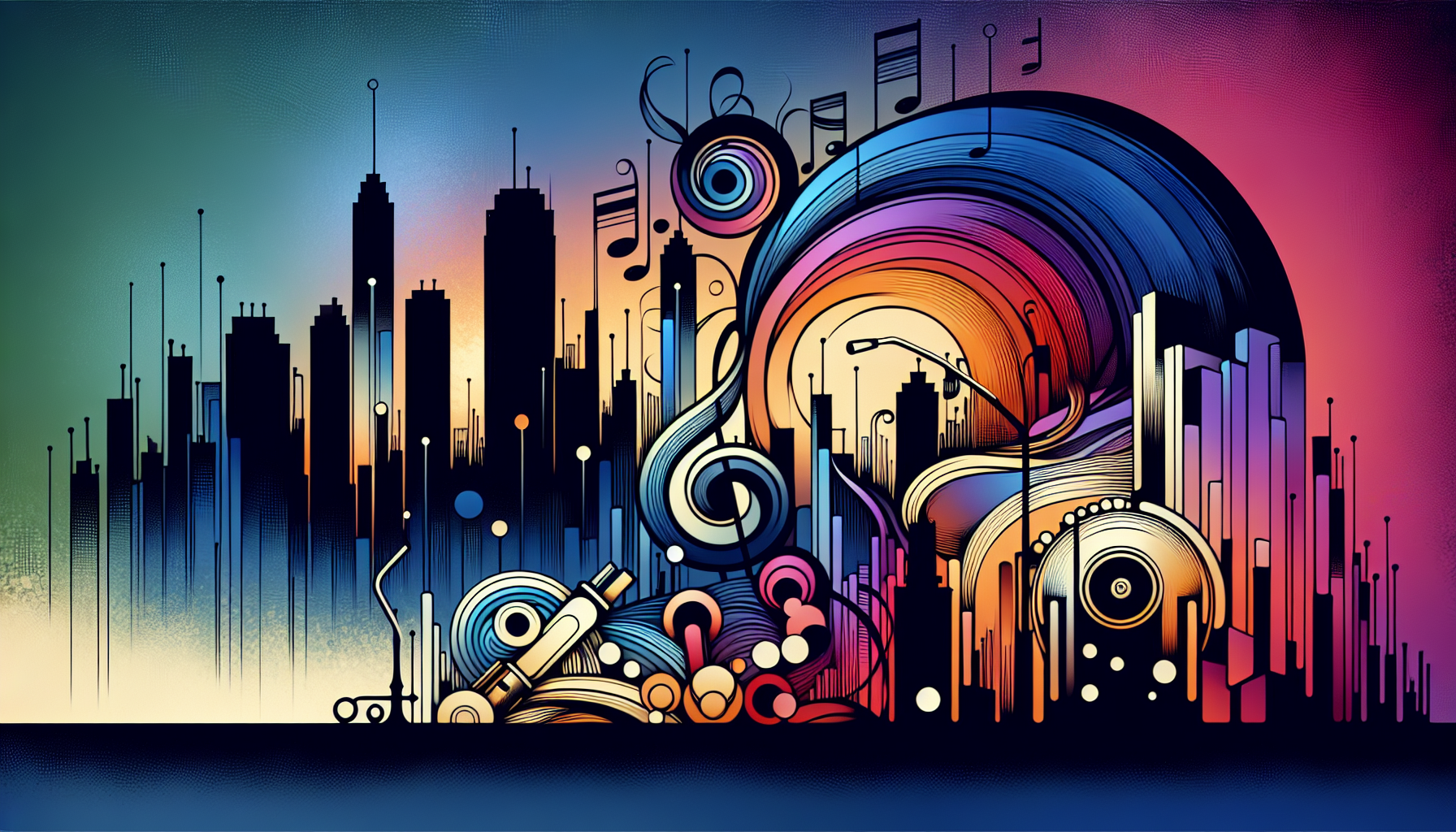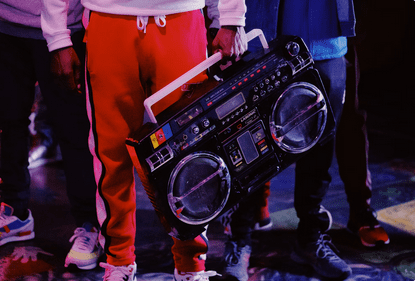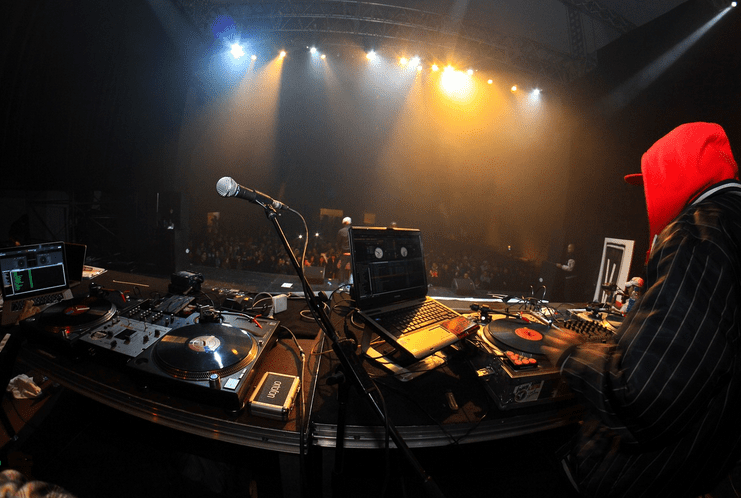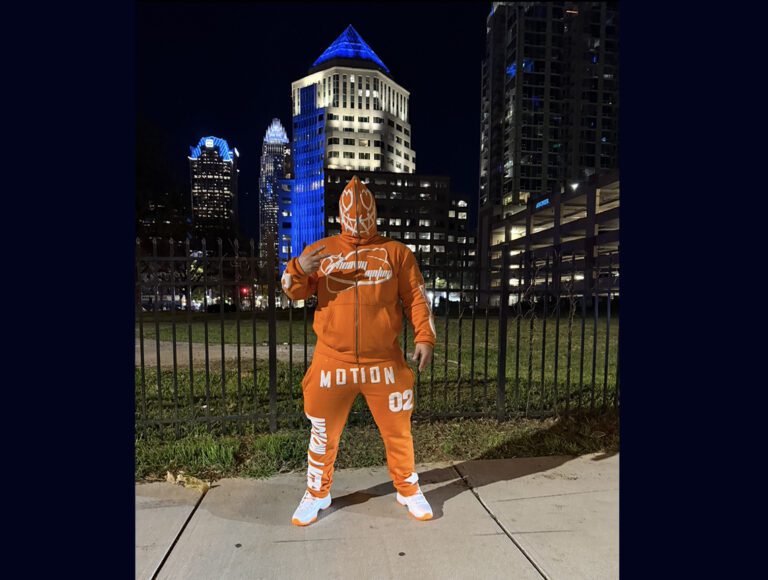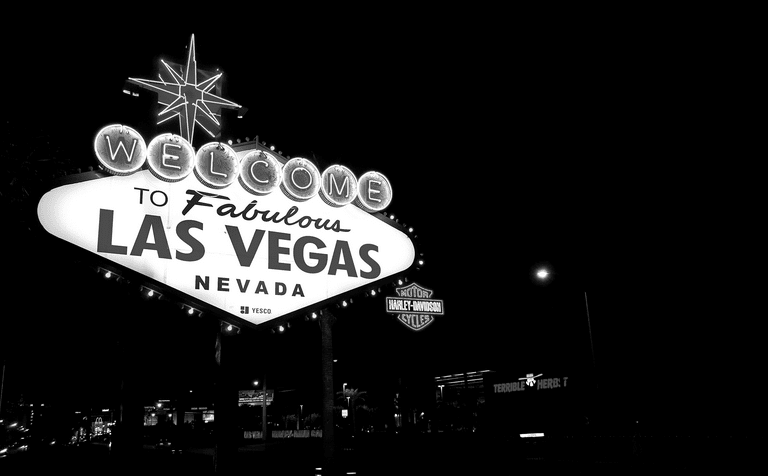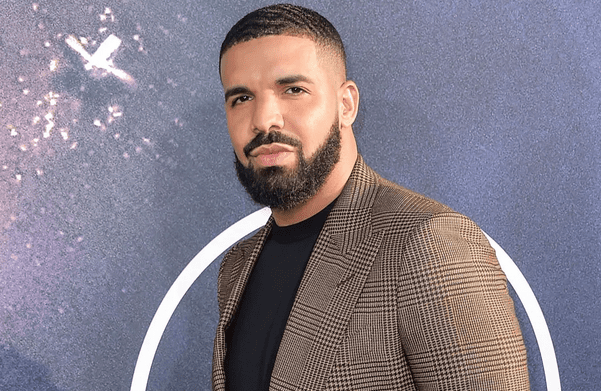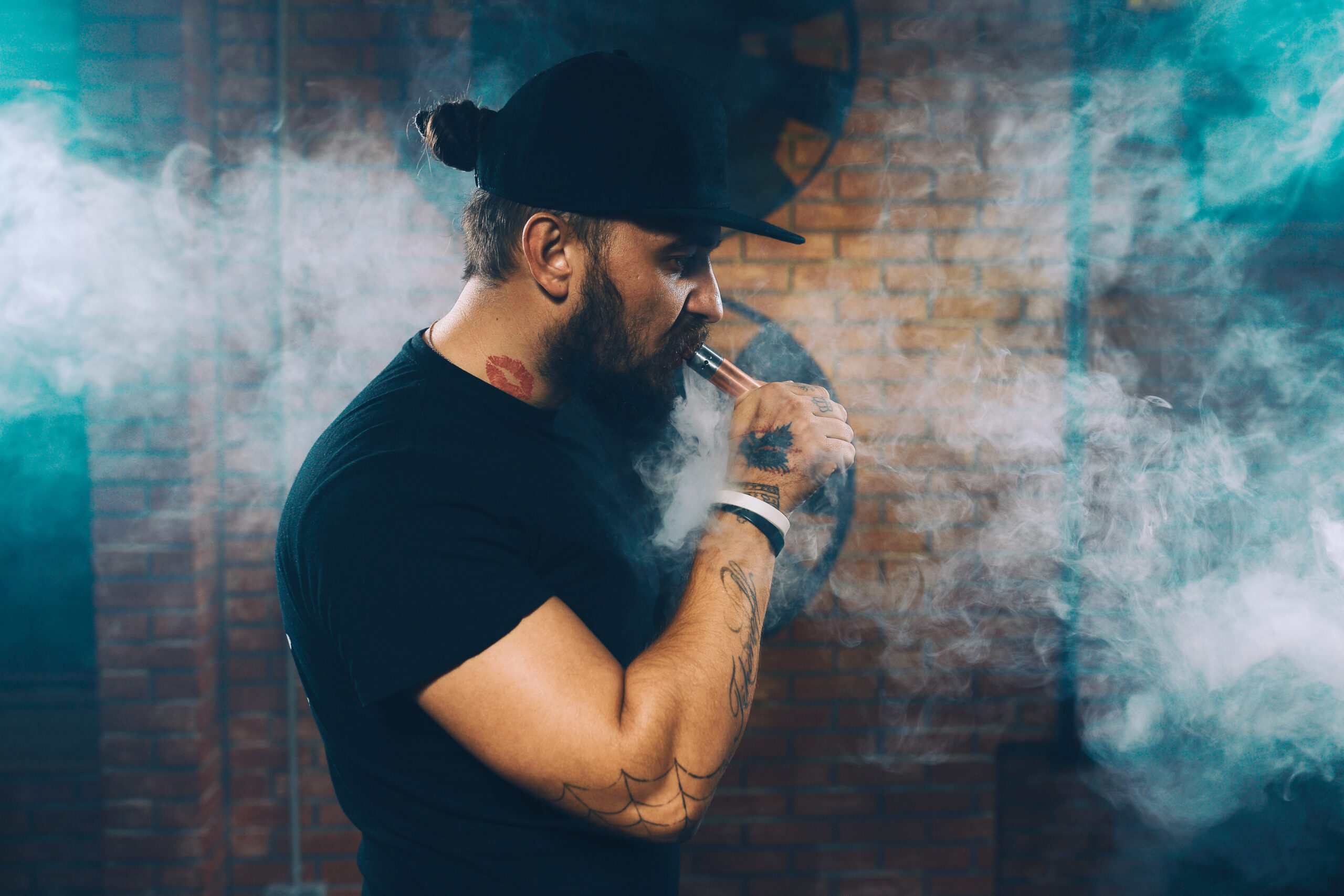
Vaping man wearing a hat, obscured behind a cloud of vapor
In recent years, the worlds of hip-hop and vaping have collided, creating a unique cultural phenomenon. This intersection has not only introduced vaping as a trendy lifestyle choice among hip-hop enthusiasts but has also influenced the way artists express themselves through their music, fashion, and public personas. The blending of these two cultures represents a shift in social norms and lifestyle branding that warrants exploration.
Vaping as a Status Symbol in the Rap Scene
Vaping has rapidly gained traction as a status symbol within the hip-hop community. It serves not just as a habit, but as an emblem of style and sophistication. Many rappers use vaping to project an image that resonates with their audiences—a blend of modernity, wealth, and nonchalance.
As a visible element of their lifestyle, vaping products often accompany flashy cars, designer clothes, and expensive jewelry in music videos and social media posts. This visual representation reinforces the narrative that success is synonymous with the consumption of luxury items, including high-end vaping devices and exclusive e-liquids.
Moreover, the culture surrounding vaping has evolved into a form of artistic expression. Rappers often showcase unique vape tricks, turning the act of vaping into a performance art that captivates their fans. This not only enhances their on-stage persona but also fosters a sense of community among fans who aspire to emulate their idols. The intricate designs of custom vape mods and the variety of flavors available have become a canvas for creativity, allowing artists to personalize their vaping experience and make bold statements about their individuality.
Additionally, the rise of vaping in the rap scene has sparked conversations about health and lifestyle choices. While some artists openly discuss the potential risks associated with vaping, others emphasize its appeal as a less harmful alternative to traditional smoking. This duality creates a complex narrative that reflects broader societal attitudes toward smoking and wellness. As the hip-hop community continues to evolve, the role of vaping as a status symbol may also shift, influencing how future generations perceive both the culture of rap and the products associated with it.
Lyrics and Lifestyle: How Rappers Promote Vaping
The influence of vaping in hip-hop extends beyond mere aesthetics—it’s deeply woven into the lyrics of many contemporary tracks. Rappers frequently reference vaping in their songs, which impacts public perception and encourages fans to adopt similar habits.
Incorporating vaping into their lyrics allows artists to express a lifestyle that resonates with their audience. They articulate themes of freedom, indulgence, and rebellion, solidifying vaping as a part of their overall brand. This integration into music creates a feedback loop where fans associate their favorite rappers’ success with their vices, including vaping.
Moreover, the visual representation of vaping in music videos further amplifies this trend. Artists often showcase elaborate vape tricks, colorful clouds of vapor, and sleek devices, creating an enticing spectacle that captivates viewers. This visual allure not only glamorizes vaping but also positions it as a desirable accessory to the glamorous lifestyles portrayed in hip-hop culture. The aesthetics of vaping—its flavors, devices, and the act itself—become intertwined with the identity of the artist, making it a symbol of status and modernity.
Additionally, collaborations between rappers and vaping brands have become increasingly common, blurring the lines between music and marketing. These partnerships often feature exclusive flavors or limited-edition devices that are promoted through lyrics and social media. By leveraging their influence, rappers not only enhance their brand but also create a sense of community among fans who wish to emulate their idols. This commercial aspect of vaping in hip-hop underscores its significance as more than just a personal choice; it transforms into a cultural phenomenon that shapes trends and behaviors within the youth demographic.
Hip-Hop Artists and Vaping Endorsements
Many hip-hop artists have become ambassadors for vaping brands, leveraging their influence to promote products. This partnership not only provides financial gain for the artists but also reinforces the cultural connection between hip-hop and vaping.
By endorsing specific vape products, artists create a sense of authenticity and desirability. Fans are often swayed by the endorsements of their favorite musicians, leading to increased sales and visibility for the brands involved. This dynamic illustrates the growing commercial intersection of music and consumer goods, reinforcing the idea that vaping is not just a habit but also a lifestyle choice influenced by popular culture.
Influential Rappers Partnering with Vape Brands
Several prominent rappers have teamed up with vaping companies to create exclusive products or promote existing ones. Artists like Wiz Khalifa and Snoop Dogg have openly embraced vaping, integrating it into their public personas.
These partnerships often lead to customized vape flavors or limited-edition devices that appeal to fans, creating not just products, but a cultural experience. The collaboration results in a fusion of music and consumer culture, attracting both existing fans and newcomers to the vaping scene.
From Fashion to Accessories: Vaping in Merch Culture
As vaping becomes more ingrained in hip-hop culture, its presence in merchandise has also grown. Various hip-hop artists have begun to incorporate vape-related items into their product lines, ranging from branded vape pens to clothing with vape-inspired designs.
This merchandise not only serves as a reflection of an artist’s brand but also acts as a statement for fans. By using these products, fans signal their allegiance to their favorite artists and the associated lifestyle, making vaping a key aspect of fan culture.
Vaping as a Social Statement in Hip-Hop
In the hip-hop community, vaping transcends its role as a smoking alternative and becomes a social statement. Many artists use vaping to differentiate themselves from traditional tobacco users, often positioning it as a healthier or more fashionable choice.
This narrative resonates strongly with younger audiences, who are increasingly conscious of health and lifestyle choices. By adopting vaping, artists can communicate messages of innovation and modernity, positioning themselves as forward-thinking leaders in a constantly evolving culture.
The Shift Away from Cigarettes
As vaping gains popularity within the hip-hop scene, a noticeable shift away from traditional cigarettes has emerged. Many artists promote vaping as a less harmful alternative to smoking, which has been linked to a myriad of health issues and social stigma.
This transition signifies a broader societal change, where younger generations are more likely to embrace vaping over smoking. Hip-hop artists’ endorsement of this switch not only impacts their own lifestyle choices but also serves as a powerful message to their fans, encouraging them to consider healthier alternatives.
A Creative Outlet: Vape Tricks and Competitions in the Rap Scene
Vaping has evolved into a creative outlet, with many artists showcasing their skills in vape tricks and competitions. This aspect of vaping culture has been embraced by hip-hop, where performance and spectacle play crucial roles in the artistry.
Competitions often become an extension of an artist’s performance, with elaborate vape tricks captivating audiences. This creativity adds another layer to the culture, allowing artists to express their individuality and entertain fans in innovative ways.
In conclusion, the intersection of hip-hop and vaping culture is rich and multifaceted. It reflects changing social norms, lifestyle choices, and the growing influence of popular artists in shaping cultural landscapes.
About Post Author
Chad Mauli
Chad is a professional journalist specializing in Hip-Hop culture and writing music reviews.

